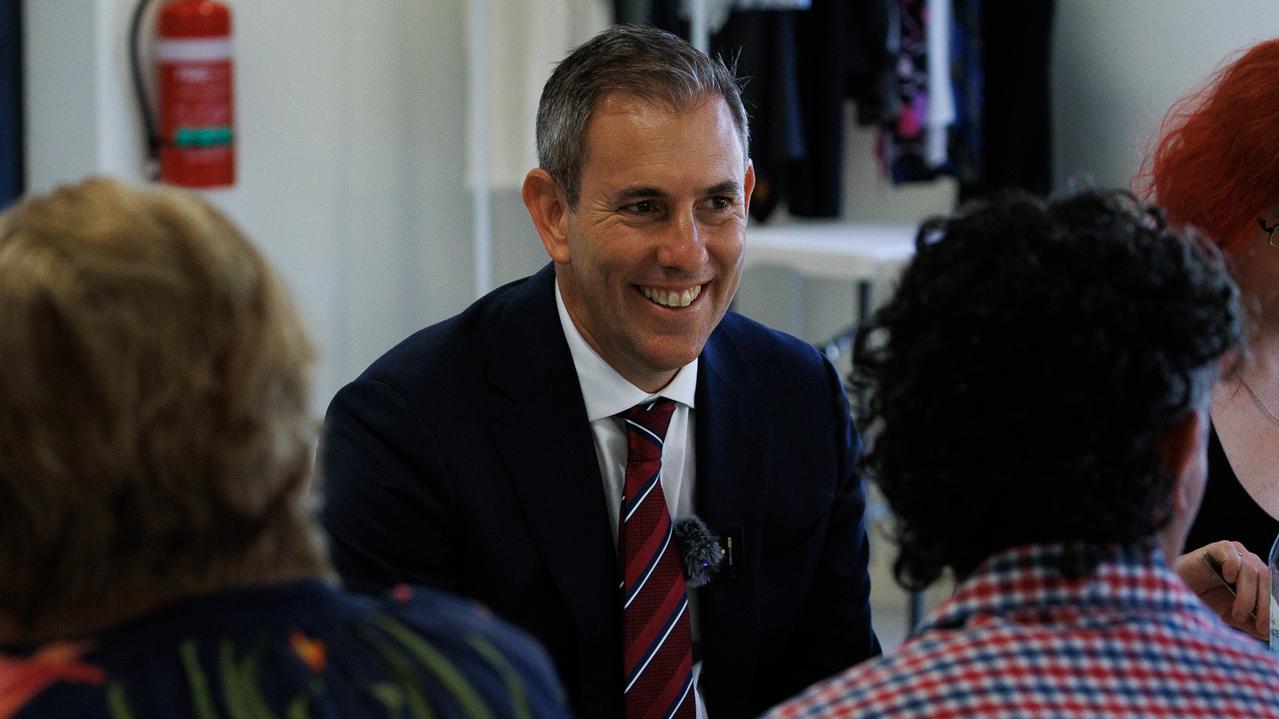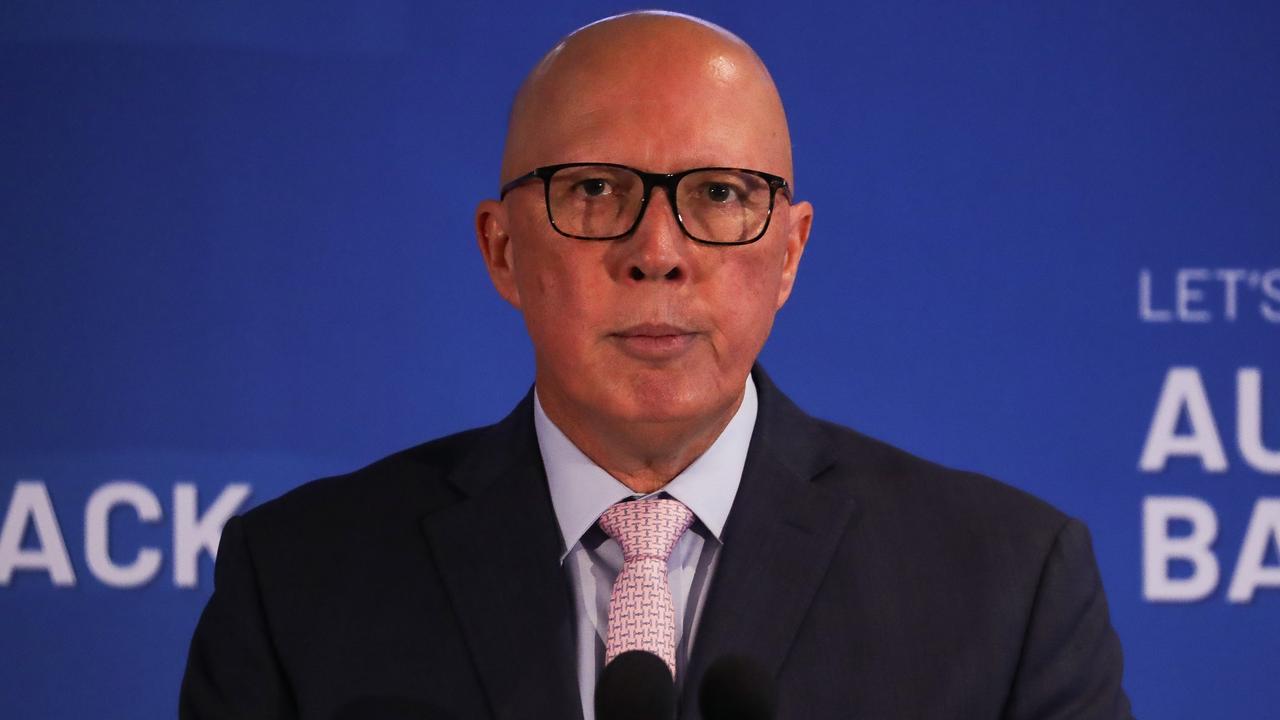How Australia is on track to avoid a recession with federal budget
Australians can expect to dodge a recession despite a warning from Treasurer Jim Chalmers things will get worse before they get better.

Federal Budget
Don't miss out on the headlines from Federal Budget. Followed categories will be added to My News.
The good news is that Australia is expected to avoid a recession in the years ahead.
The bad news is that things are going to get worse before they get better, with the outlook for economic growth downgraded, real wages to remain stagnant, and inflation — and therefore interest rates — to remain high for the medium term.
The Federal Government has also warned that all of these projections remain beholden to the “highly uncertain global economic outlook”, which poses “significant risks that could cause a sharper slowdown in domestic activity’’.
Treasurer Jim Chalmers, in his Budget Speech delivered on Tuesday, warned that we “confront the prospect of a third global downturn in a decade and a half’’.
“This time not a financial crisis or a pandemic, but a war driving high prices and higher interest rates here and around the world, and the risk of another global recession,’’ Dr Chalmers said.
“Global challenges, along with high inflation and higher interest rates, will have an impact.
“Our economy is expected to grow solidly this financial year, by 3.25 per cent – before slowing to 1.5 per cent growth for 2023–24, a full percentage point lower than what was forecast in March.’’
The unemployment rate is expected to worsen, Dr Chalmers said, however job creation was expected to remain positive, “and unemployment is expected to stay low by historical standards – at 4.5 per cent in 2023–24 and 2024–25’’.
There is not expected to be any relief on the inflation front in the near term however, with the measure of consumer price rises expected to hit 7.75 per cent later this year, up from 6.1 per cent now, before moderating to 3.5 per cent next financial year, and returning to the Reserve Bank of Australia’s target range of 2-3 per cent by 2024-25.
Budget documents state that, based on a survey of market economists, “the cash rate is now assumed to peak at 3.35 per cent in the first half of 2023’’.
“This is both sooner and higher than assumed at PEFO (Pre-election Economic and Fiscal Outlook).’’
The cash rate is currently sitting at 2.6 per cent, after six increases this year, starting in May.
And while Dr Chalmers said “wages are growing faster now than they were before the election’’, real wages, factoring in the impact of inflation on actual spending power, are expected to stay stagnant until 2024.
“Tight labour market conditions are expected to see annual wage growth pick up to 3.75 per cent by June 2023, the fastest pace since 2012,’’ the Budget documents state.
“Even so, high inflation is still expected to see real wages fall over 2022-23 before rising slightly over 2023-24.’’
While the government is projecting a worsening, but not dire economic outlook for the next few years, the projections come with significant caveats, including the continuing impacts of the pandemic, “recessions in major advanced economies’’, further global energy price shocks and the possibility of a sharper than expected downturn in China.
Originally published as How Australia is on track to avoid a recession with federal budget





